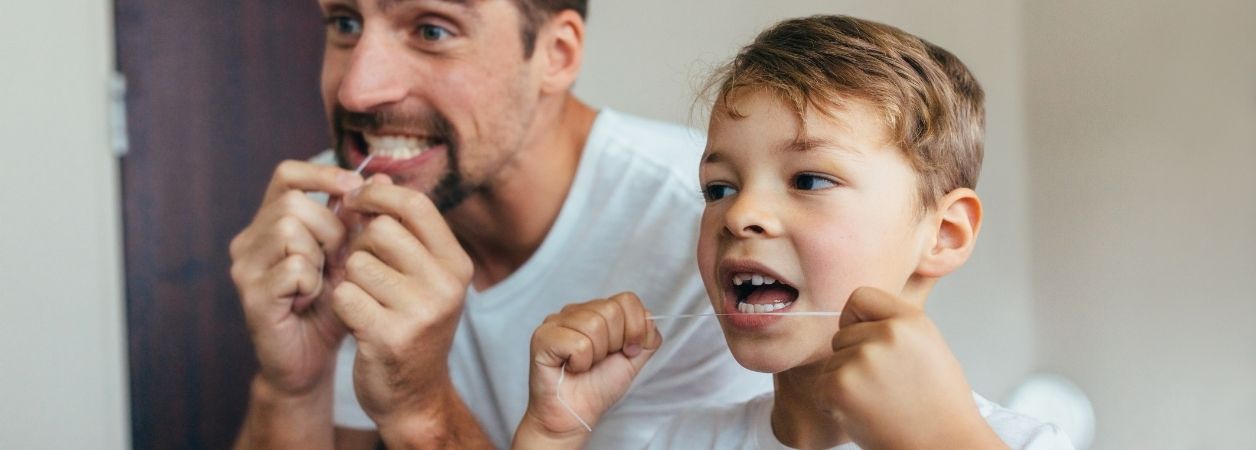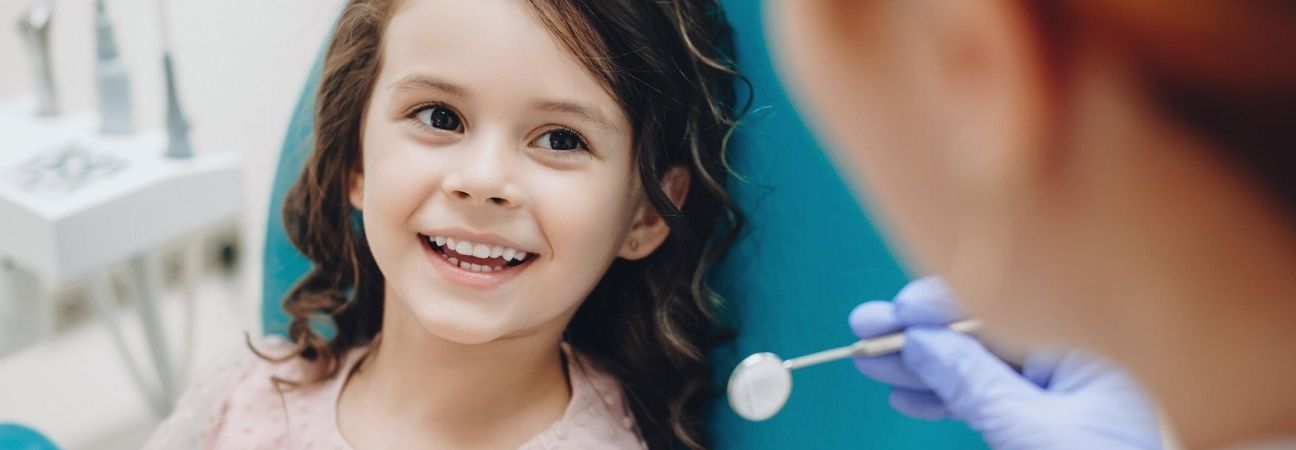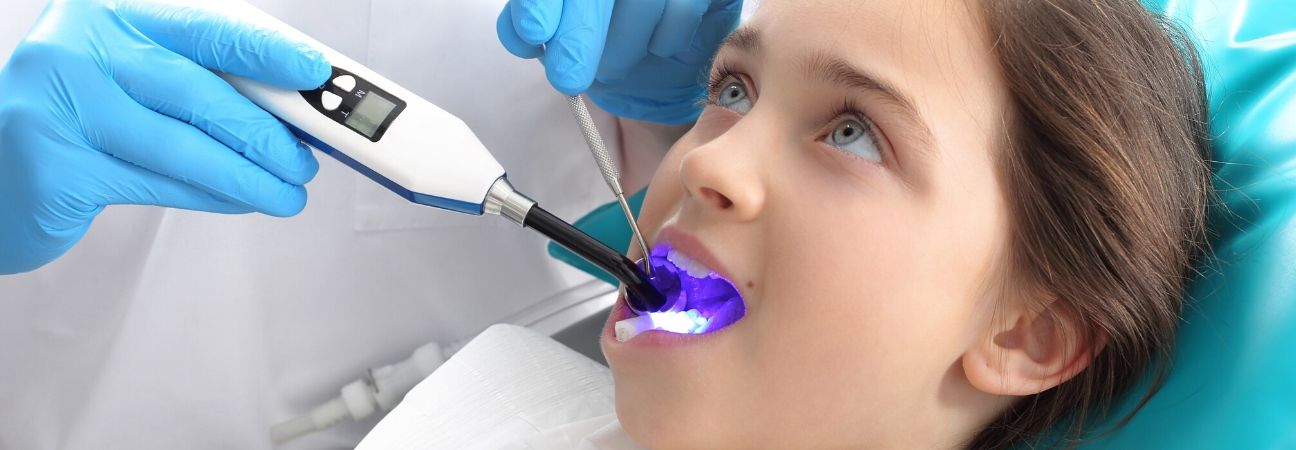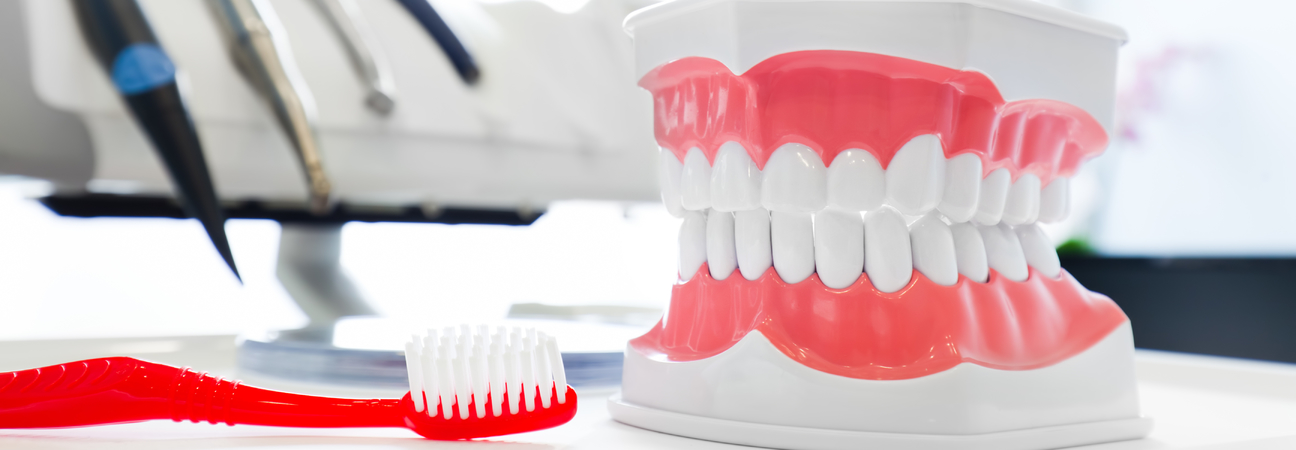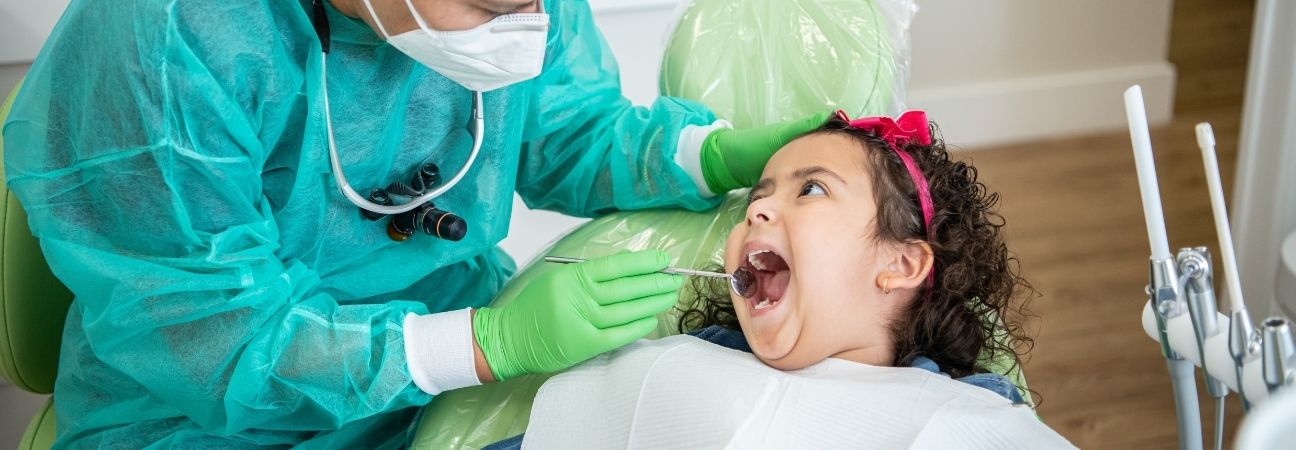
In light of current conditions, is it safe for you to take your children to their regular dental appointments? Continue reading to learn more.
Why Teeth Cleaning Is Still Necessary During Lockdown
Your Child’s Teeth Require Preventative Care
Because children tend to consume more sugary snacks and drinks than adults, problems that may seem minor at first can escalate quickly. Your child’s cleaning appointments are not only an excellent way to prevent future cavities and tooth decay, they are a great way for dentists to identify problems that could quickly develop into cavities if no action is taken.
We take every precaution to keep your child as calm and comfortable during dental procedures such as tooth fillings, but these procedures can be quite intimidating, especially to younger patients. It is vital to honor your child’s cleaning appointments to avoid costly and more invasive procedures down the road.
We Are Taking Extra Health Precautions
If you or any of your family members have been exposed to someone with Covid-19 or if you’ve recently developed symptoms, please reschedule your appointment. However, if you’ve taken appropriate precautions to stay safe and healthy, you can rest assured that we are working hard everyday to do the same.
We are closely monitoring conditions as they change and are staying up to date with the recommendations provided by the American Dental Association (ADA), the U.S. Centers for Disease Control and Prevention (CDC) and the Occupational Safety and Health Administration (OSHA).
Some general precautions we are taking include fewer appointments to ensure there is adequate space to socially distance yourself from others in the waiting room along with shorter waiting times. Surfaces are regularly disinfected and hand sanitizer is readily available and encouraged. You’ll receive a few health screening questions via email prior to your appointment so we can help monitor the health of our patients before they arrive.
To read the full list of precautions we are taking to maintain the health of our patients and staff, you can read our Practice Health and Safety Statement.
Find a Pediatric Dentist in Greenville, NC
If you’re looking for a pediatric dentist who is taking every precaution during this pandemic, we are accepting new patients at Wilson Pediatric Dentistry. We offer a variety of pediatric dentistry treatments in Greenville, NC. Contact us today to schedule your first appointment.

